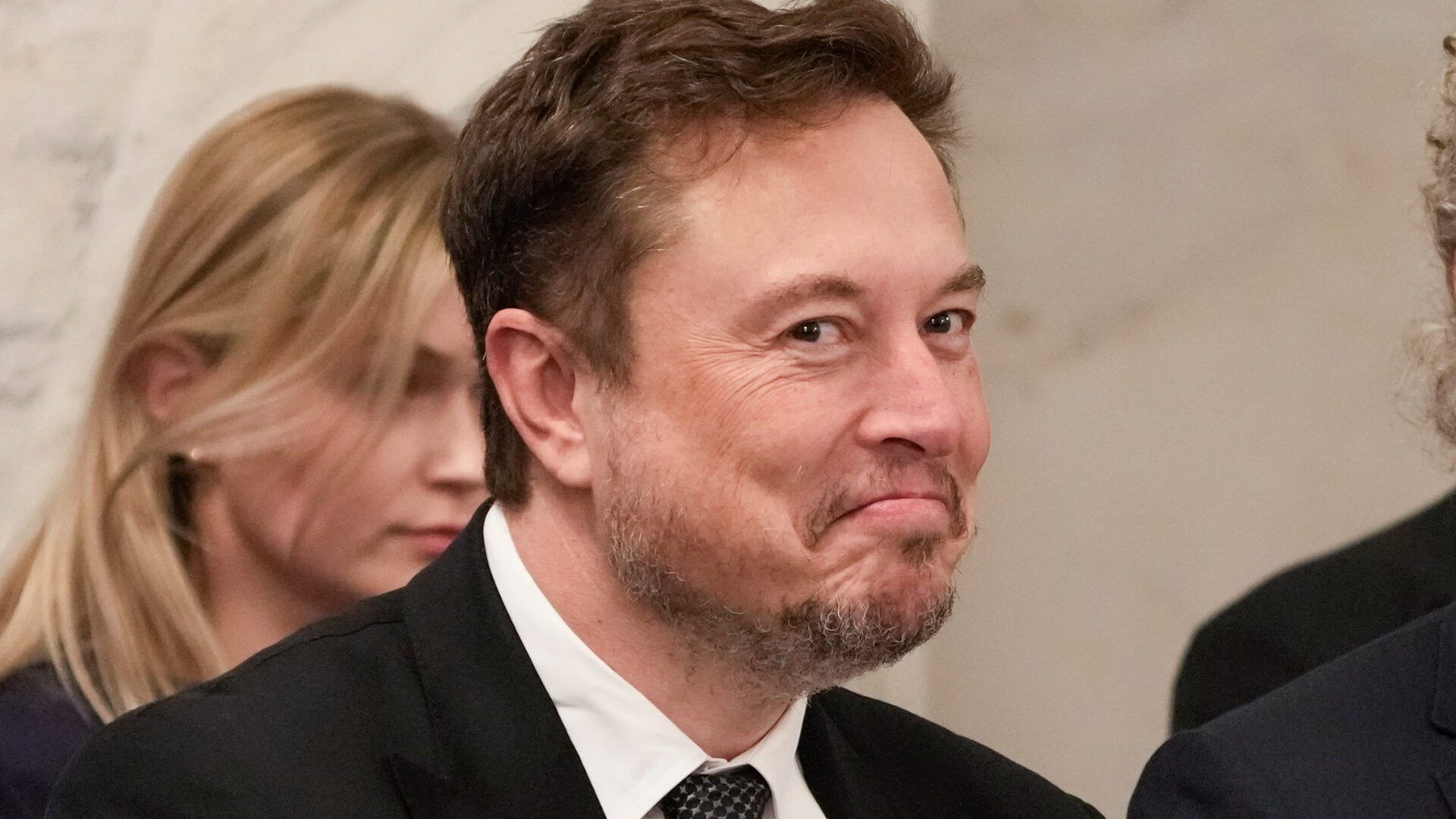
Seattle is facing significant budget cuts that threaten to impact its Parks and Recreation programs.
The city, grappling with a $250 million budget shortfall, has already cut hundreds of environmental education programs, volunteers, and staff.
As a result, some employees are preemptively leaving their positions in anticipation of further cuts, while the city is considering privatizing some services to save them from being completely eliminated.
Elon Musk Called This Financial News ‘Terrifying’
The budget cuts to Seattle’s Parks and Recreation department are aimed at addressing the city’s growing fiscal deficit, but they have not sparked the same level of political outrage that similar cuts in federal programs have.
Despite the drastic nature of the cuts, including reductions to environmental education programs and staff positions, members of Congress have not mobilized to oppose the Seattle cuts, nor have there been any lawsuits filed to stop them.
Seattle public parks budget: $248 million.
Seattle public park conditions: pic.twitter.com/SEZ6xzciXf
— Christopher F. Rufo ⚔️ (@realchrisrufo) December 30, 2020
FREE Concealed Carry Gun Laws & Reciprocity Map
In contrast, when the Department of Government Efficiency (DOGE) under the Trump administration made similar cuts to park and forest programs, it prompted a wave of anger from Democrats and extensive media coverage highlighting the impact of the reductions.
In a 2018 incident, Senator Patty Murray (D-Wash.) organized dramatic press events, enlisting affected individuals to speak out about job losses due to the cuts.
These actions were widely covered by the media, which painted the layoffs as an unacceptable form of government austerity.
Lawsuits were filed to block the federal cuts, and many Democratic lawmakers insisted that no government jobs should be eliminated, even amid the nation’s growing deficit.
The message at the time was clear: cutting federal jobs was an unacceptable path to fiscal responsibility.
However, the situation in Seattle has not prompted a similar outcry from Democratic leaders or the media.
Mayor Bruce Harrell defended the city’s budget cuts, acknowledging the impact but also assuring residents that essential services would continue.
“While we don’t want to minimize the impact of these reductions, we want to reassure residents that we remain committed to offering environmental education and outdoor learning opportunities,” the mayor’s office said in a statement to KING 5.
The statement further clarified that the budget still includes funding for five environmental learning positions, and programming would continue at Camp Long and through programs operated by the Associated Recreation Council (ARC) at Discovery Park and the Creative Kids Preschool at Carkeek Park.
Harrell’s approach has been pragmatic, acknowledging the challenges while maintaining a commitment to core services.
While the city’s budget decisions may be necessary given the deficit, the lack of backlash stands in stark contrast to the uproar that occurred when similar cuts were proposed at the federal level under the Trump administration.
The Democrats’ failure to show the same understanding for budgetary decisions at the federal level highlights a disconnect in their approach to fiscal responsibility.
At the federal level, the cuts implemented by DOGE were part of broader efforts to reduce government spending and address the country’s growing deficit.
Yet, these efforts were met with resistance from Democrats, who framed the cuts as harmful and detrimental to American services.
The narrative from many Democratic lawmakers and media outlets suggested that such cuts would lead to disastrous consequences, particularly for vital services like park management and environmental education.
In contrast, Seattle’s cuts to its parks and recreation programs have been met with little to no political opposition, even though they impact similar areas of public service.
This disparity raises questions about the consistency of the response to budget cuts at different levels of government, particularly when comparing the federal government’s deficit challenges with Seattle’s more localized fiscal issues.
While Seattle’s mayor has been transparent about the necessary cuts and their impact, the federal government’s budgetary challenges are far more complex and far-reaching.
If Democrats can accept difficult budgetary decisions at the local level, it stands to reason that they should adopt a similar understanding when it comes to addressing the national deficit.
Until that happens, the inconsistency in their response to budget cuts will remain glaringly obvious.
American Made Patriotic Apparel – Save 15% with Promo Code MERICA
The opinions expressed by contributors and/or content partners are their own and do not necessarily reflect the views of LifeZette. Contact us for guidelines on submitting your own commentary.

![Why are Media and Liberals Silent? [WATCH]](https://www.right2024.com/wp-content/uploads/2025/03/Why-are-Media-and-Liberals-Silent-WATCH-750x375.jpg)



![Trump's Admin Guts Another ‘Rogue Government Agency with Zero Accountability’ [WATCH]](https://www.right2024.com/wp-content/uploads/2025/03/Trumps-Admin-Guts-Another-‘Rogue-Government-Agency-with-Zero-Accountability-350x250.jpg)



![‘We All Owe Him (Elon) a Huge Debt of Gratitude’ [WATCH]](https://www.right2024.com/wp-content/uploads/2025/03/‘We-All-Owe-Him-Elon-a-Huge-Debt-of-Gratitude-350x250.jpg)
![NCAA Champ Salutes President Trump After ‘BIGGEST UPSET IN COLLEGE WRESTLING HISTORY’ [WATCH]](https://www.right2024.com/wp-content/uploads/2025/03/NCAA-Champ-Salutes-President-Trump-After-‘BIGGEST-UPSET-IN-COLLEGE-350x250.jpg)






